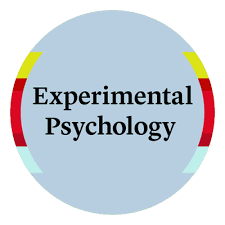
Ph.D. in Experimental Psychology typically takes 4-6 years to complete, depending on the research focus and institution. This advanced program involves in-depth study of human behavior, cognition, perception, and emotional responses through empirical research and experimentation. Students are trained in designing experiments, analyzing data, and applying statistical methods to assess psychological phenomena. Coursework may cover topics such as neuropsychology, behavioral science, cognitive psychology, research methodologies, and advanced statistics. A significant component is the development of a dissertation based on original research, which contributes new insights to the field. Graduates often pursue careers in academia, research institutions, or applied psychology settings.